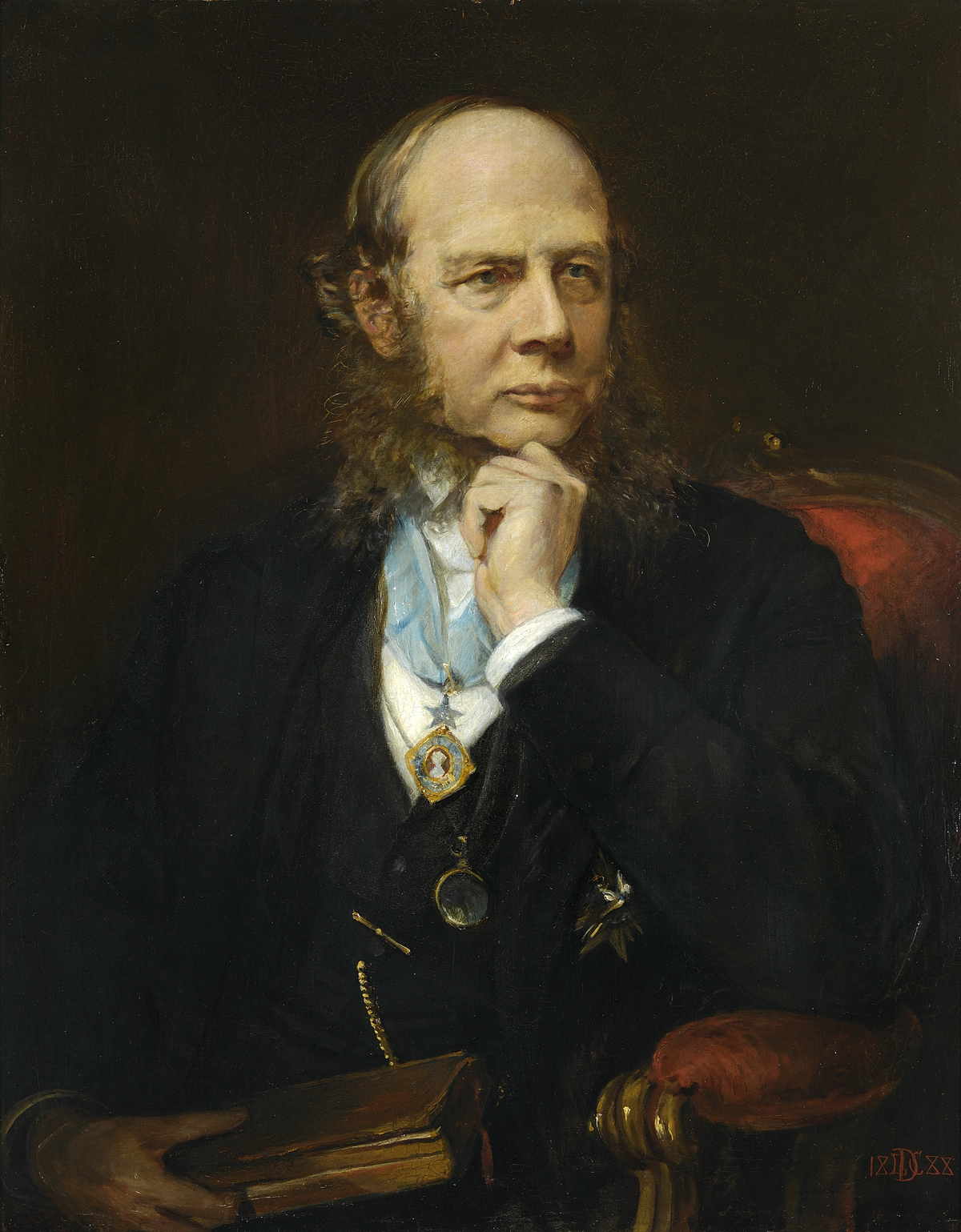In the decade that followed the publication of Sir Henry Maine’s Ancient Law, the Patriarchal Theory was subjected to severe attacks.
McLennan and others denied Maine’s claim that the patriarchal family was the earliest and original unit. There was no group in the primitive past, they urged, with a male at its head.
The Matriarchal system was prior to the patriarchal system and tribe rather than family was the earliest unit of society. There was no permanent institution of marriage, they argued. A woman married more than one husband and because of the uncertainty of male parentage kinship was reckoned through women, that is, from mother to daughters. The patriarchal family developed in the later phase of human civilisation.
ADVERTISEMENTS:
The early forms of social organisation, it has been maintained, were not as simple as the Patriarchal Theory tries to establish. Sir J. G. Frazer, in his classic work: The Golden Bough, warns that “he who investigates the history of institutions should constantly bear in mind the extreme complexity of the causes which have built up the fabric of human society, and should be on his guard against a subtle danger incidental to all science the tendency to simplify unduly the infinite variety of the phenomena by fixing our attention on a few of them to the exclusion of the rest.”
It is, also, suggested that the theory does not offer an adequate explanation of the origin of the State. It is, in fact, just a speculation into the beginnings of the early society, particularly the family. Gilchrist says, “The patriarchal theory is one of the simplest explanations of the origin of the State, but one of its chief weaknesses is this very simplicity.”
